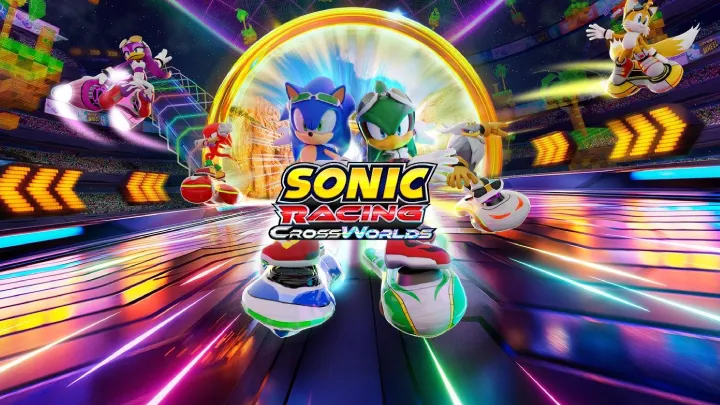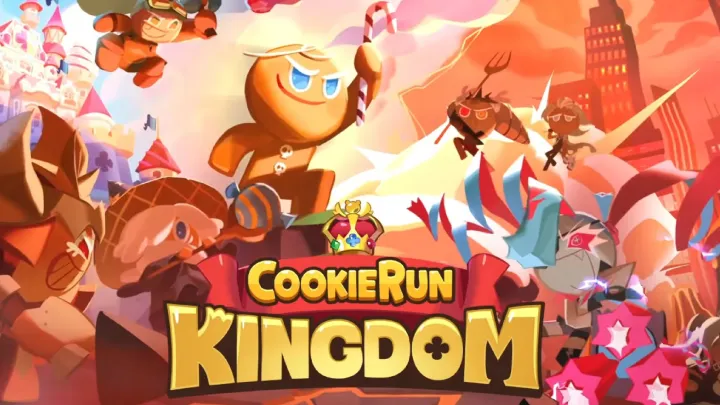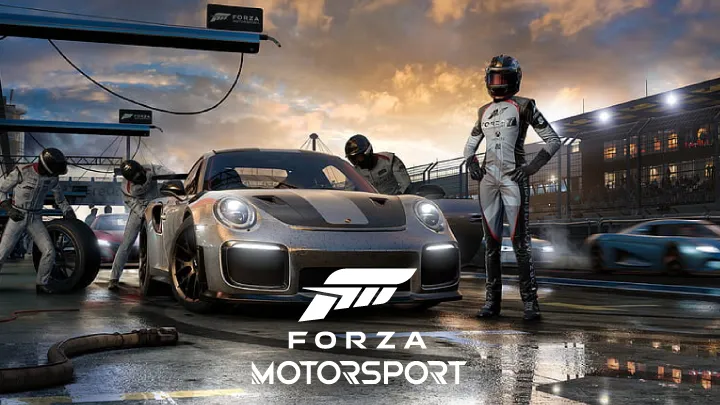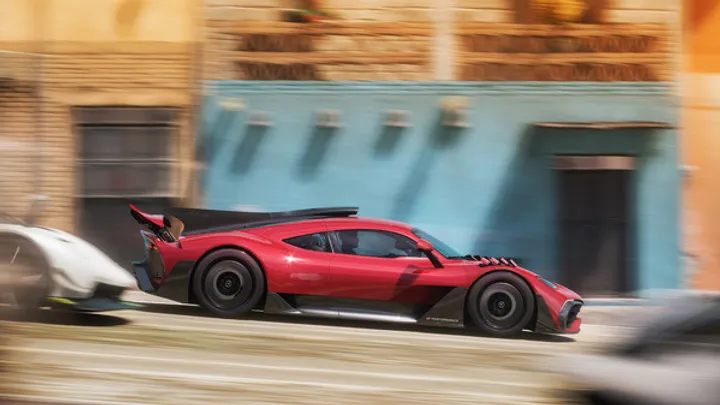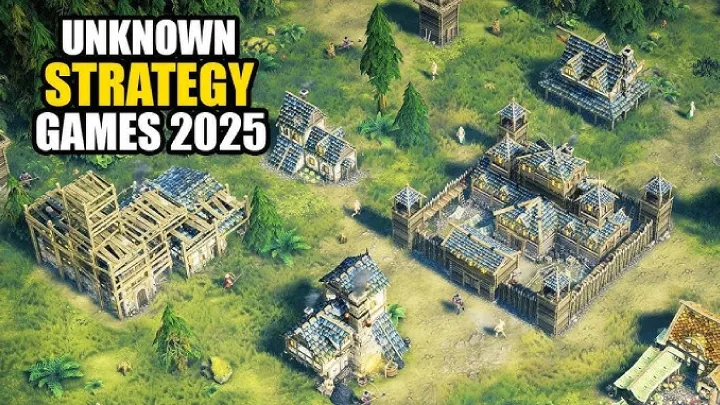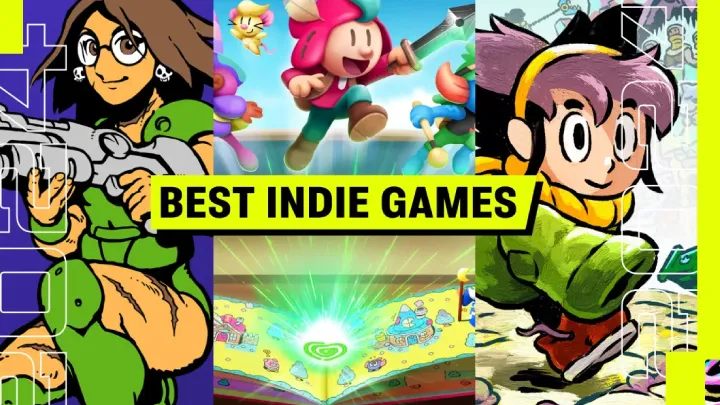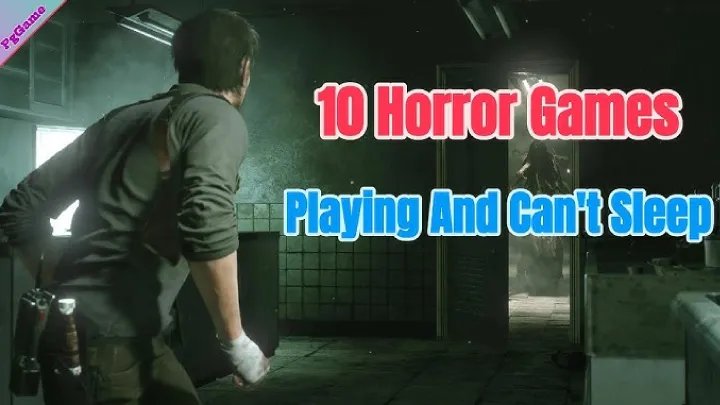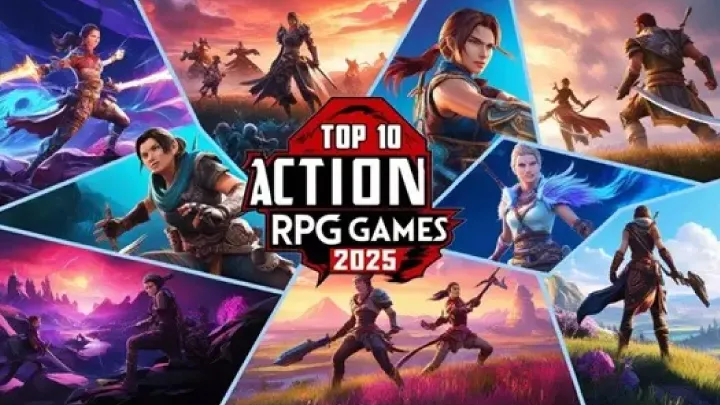Forza Horizon 5 is celebrated for its stunning visuals, expansive open world, and exhilarating driving mechanics. Set in a vibrant recreation of Mexico, the game offers players hundreds of cars, dynamic seasons, and endless events. But beneath the surface of this automotive paradise lies a persistent issue that has quietly eroded the game’s long-term engagement: credit inflation and the broken in-game economy. This article explores how Forza Horizon 5’s reward systems, auction house dynamics, and event payouts have created an imbalance that affects progression, car value, and player motivation.
1. The Early Game: Earning Feels Rewarding
When players first enter Forza Horizon 5, credits feel meaningful. Completing races, challenges, and seasonal events yields a steady stream of income. The thrill of saving up for a dream car or unlocking a rare vehicle through gameplay is palpable.
Early progression is well-paced. Players are encouraged to explore, experiment with different car classes, and engage with the Horizon Festival’s diverse activities. At this stage, the economy feels balanced, and credits serve as a motivator.
Conclusion The early game economy is satisfying, offering a sense of achievement and purpose tied to credit accumulation.
2. Wheelspins and Super Wheelspins: The Loot Problem
As players level up and complete accolades, they earn Wheelspins and Super Wheelspins—randomized loot drops that can include credits, cars, clothing, and emotes. While exciting at first, these spins quickly become a source of credit inflation.
Super Wheelspins often award hundreds of thousands of credits or duplicate high-value cars. This undermines the need to earn money through racing or challenges, and turns progression into a lottery system.
Loot Drop Issues
- Excessive credit rewards from spins
- Duplicate cars flooding the garage
- Cosmetic items with no resale value
Conclusion Wheelspins shift the economy from skill-based earning to luck-based accumulation, destabilizing credit value.
3. The Auction House: Exploits and Market Collapse
The Auction House was designed to let players buy and sell cars, creating a player-driven economy. However, it has become a hub for exploits, price manipulation, and credit laundering.
Players use Wheelspin rewards to flood the market with rare cars, driving down prices. Others exploit glitches to duplicate vehicles or credits, further destabilizing the economy. As a result, car values fluctuate wildly, and legitimate sellers struggle to compete.
Auction House Problems
- Price manipulation through mass listings
- Exploits leading to credit duplication
- Rare cars losing value due to oversupply
Conclusion The Auction House, once a promising feature, now contributes to economic instability and undermines fair trading.
4. Seasonal Events and Credit Saturation
Seasonal events offer generous rewards, including rare cars and large credit payouts. While they encourage engagement, the frequency and scale of these rewards contribute to credit saturation.
Players can earn millions of credits per week without racing competitively. This abundance reduces the incentive to participate in traditional races or grind for upgrades, weakening the core gameplay loop.
Seasonal Reward Impact
- Weekly credit injections
- Rare cars becoming common
- Reduced incentive for long-term goals
Conclusion Seasonal events, while fun, flood the economy with rewards that diminish the value of effort and progression.
5. Car Value and Rarity: A System Undermined
In Forza Horizon 5, car rarity is meant to reflect value and prestige. Legendary cars like the Ferrari 599XX or Koenigsegg Jesko should feel special. But due to Wheelspins and seasonal giveaways, even rare cars become commonplace.
This undermines the excitement of acquiring high-tier vehicles. Players often find duplicates in their garage, and the sense of ownership is diluted. The game’s car collection system loses its meaning when rarity is no longer respected.
Rarity Breakdown
- Legendary cars appearing in spins
- Seasonal events offering rare vehicles
- Auction House flooded with duplicates
Conclusion Car rarity is essential to player motivation. Its erosion weakens the emotional connection to vehicle ownership.
6. Credit Inflation and Player Motivation
As credits become easier to earn, their value diminishes. Players accumulate wealth quickly, removing the challenge of saving, strategizing, or prioritizing purchases. This leads to a sense of detachment from the game’s economy.
Without meaningful financial goals, players lose motivation to race, explore, or engage with the game’s systems. The thrill of unlocking a car or tuning a build fades when everything is easily accessible.
Symptoms of Inflation
- Credits losing purchasing power
- Players skipping progression systems
- Reduced engagement with core gameplay
Conclusion Credit inflation erodes the sense of achievement, making progression feel hollow and unrewarding.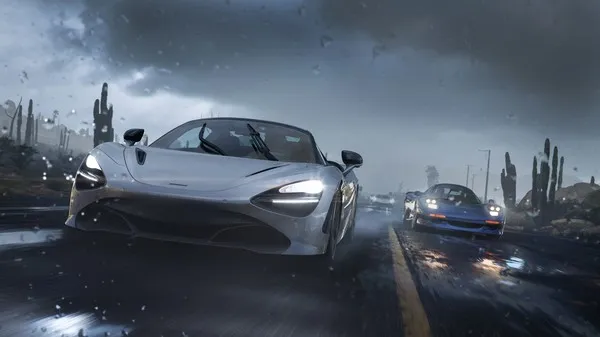
7. Tuning and Upgrades: No Longer a Strategic Choice
In earlier Forza titles, tuning and upgrading cars required careful budgeting. Players had to choose between performance parts, cosmetic upgrades, or saving for a new vehicle. In Forza Horizon 5, abundant credits make these decisions trivial.
Players can instantly max out any car without considering cost. This removes the strategic layer from customization and diminishes the satisfaction of building a competitive vehicle over time.
Upgrade System Issues
- No financial constraint on tuning
- Instant access to top-tier parts
- Reduced experimentation and planning
Conclusion Without economic pressure, tuning becomes a checklist rather than a creative or strategic process.
8. Multiplayer and Competitive Balance
In multiplayer modes like Horizon Open or Eliminator, credit inflation affects competitive balance. Players with access to overpowered cars dominate races, while newcomers struggle to keep up.
The lack of matchmaking based on car class or player progression exacerbates the issue. Wealthy players can afford meta builds, while others are left behind, creating a skill gap that’s more economic than experiential.
Competitive Imbalance
- Meta cars dominating races
- No progression-based matchmaking
- New players discouraged from participating
Conclusion Credit-driven imbalance in multiplayer undermines fair competition and deters long-term engagement.
9. Attempts at Economic Correction
Playground Games has made minor adjustments to address economic imbalance, such as tweaking Wheelspin rewards and limiting seasonal car availability. However, these changes are often too late or too subtle to reverse inflation.
The lack of a dynamic pricing system or credit sinks means that wealth continues to accumulate unchecked. Without systemic reform, the economy remains broken.
Developer Responses
- Reduced credit rewards in updates
- Limited-time car availability
- No credit sinks or dynamic pricing
Conclusion Surface-level fixes aren’t enough. A deeper overhaul of reward systems and market mechanics is needed .
.
10. What a Healthy Economy Could Look Like
A balanced economy in Forza Horizon 5 would reward effort, preserve car rarity, and encourage strategic decision-making. Credits should be earned through skill and engagement, not luck or repetition.
Introducing credit sinks, dynamic pricing, and meaningful progression systems could restore value to the game’s economy. A reimagined Auction House and tuning system would further enhance player investment.
Suggested Improvements
- Credit sinks like garage fees or part degradation
- Dynamic car pricing based on rarity and demand
- Tiered progression tied to car class and upgrades
Conclusion A healthy economy would reinvigorate player motivation, restore car value, and make progression meaningful again.
Conclusion Forza Horizon 5’s broken economy is a silent killer of long-term engagement. Credit inflation, loot-based rewards, and market instability have eroded the value of progression, car ownership, and competition. While the game remains visually stunning and mechanically solid, its economic systems need a serious overhaul to preserve its legacy and keep players invested. Without meaningful reform, Night City’s roads may stay busy—but its drivers will feel increasingly disconnected


